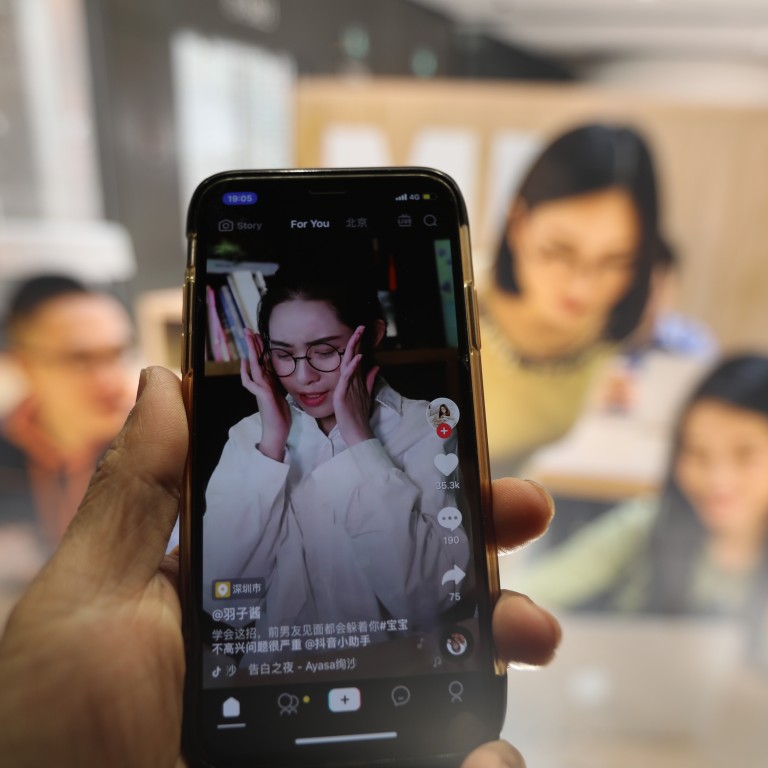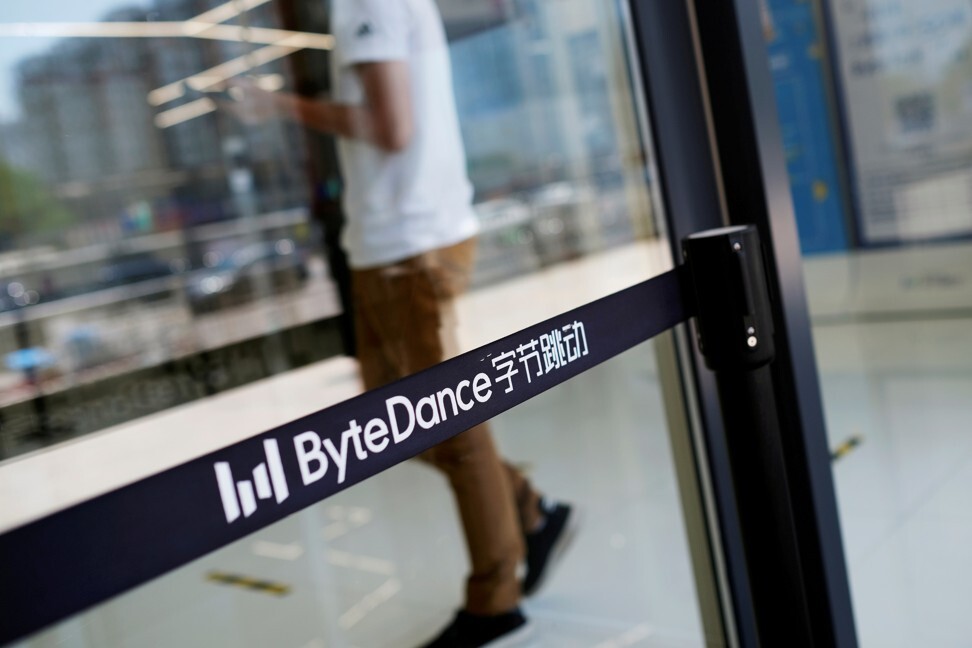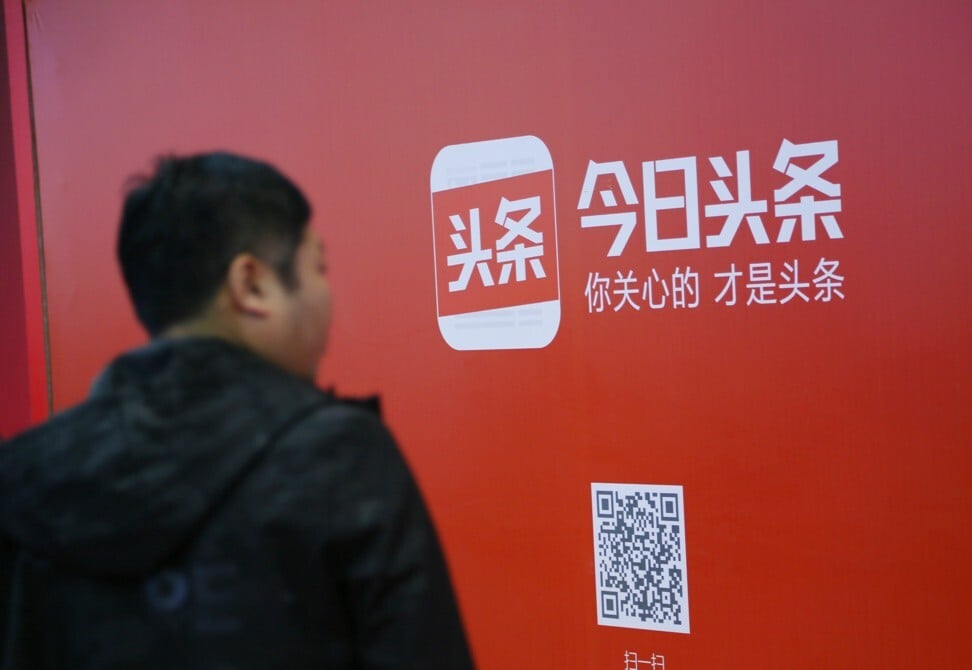
ByteDance apps Toutiao, Douyin engage Chinese consumers longer than Tencent’s WeChat, survey says
- Users of news aggregator Toutiao spent an average of 73.4 minutes on the app every day, while those on Douyin spent a daily average of 72.9 minutes
- Super app WeChat, known as Weixin on the mainland, engaged its users by a daily average of 60.6 minutes
The survey, which was first reported by Chinese tech site 36Kr, said users of news aggregator Toutiao spent an average of 73.4 minutes on the app every day. Toutiao reportedly had more than 1.5 billion monthly active users as of July last year.

The numbers reflect how online consumer engagement in China, with a population of 1.4 billion, has increased through the years, as the country’s number of internet users expanded and its smartphone market became the largest worldwide.
More than 90 per cent of all consumers of online content spend more than an hour on various apps every day, and 26.4 per cent of them spend more than three hours on these platforms every day, according to the TalkingData survey. Engagement has also increased because many internet users in China have become both creators and consumers of online content, according to the 36Kr report.

Toutiao, for example, had more than 1.8 million creator accounts that churned out more than 600,000 pieces of content every day in 2019, according to the company’s website. These accounts include professional news outlets as well as small teams or individual content creators. Their content appears on users’ feed based on their interests.
That personalised content distribution system, which was pioneered by Toutiao, is now also used by other online platforms such as Zhihu and Xiaohongshu.
About 73.6 per cent of the people surveyed by TalkingData said they are happy to receive personalised content recommendation. Still, there are some who have complained that recommendations included poor quality content, too many advertisements, misinformation and repetitive information, according to TalkingData.

